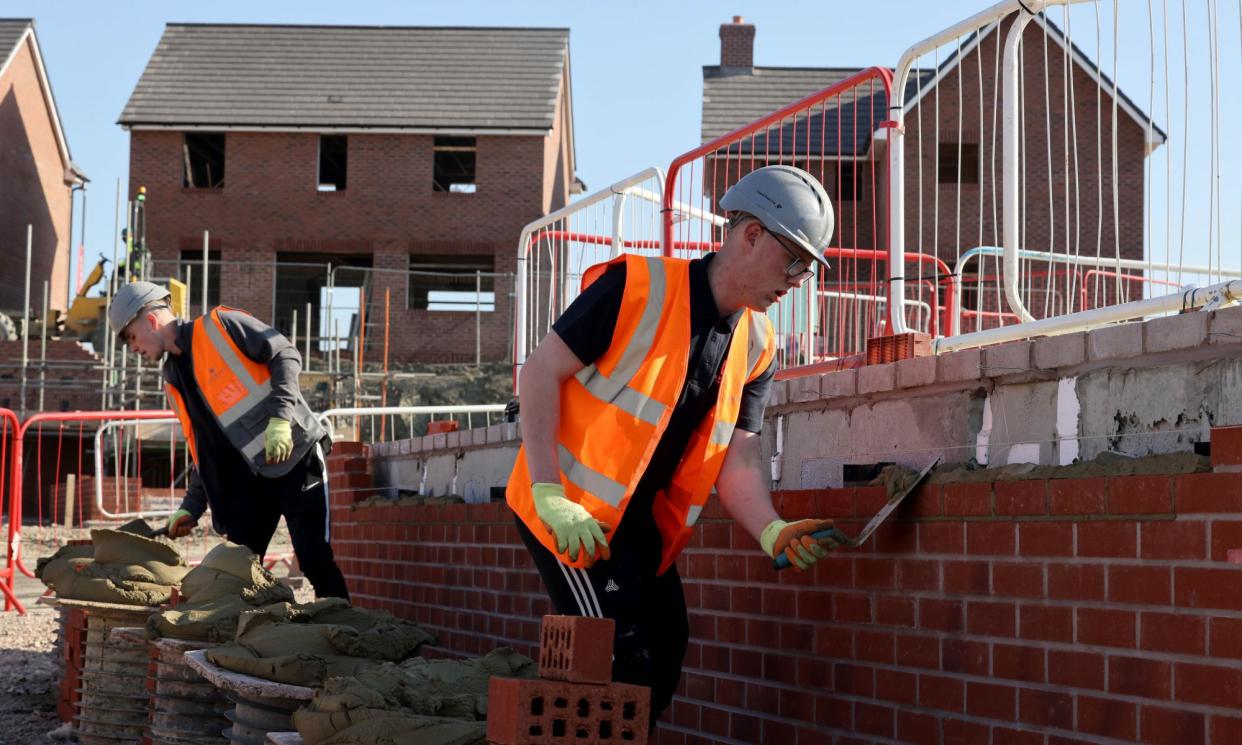UK importing more bricks than ever and carbon cost is rising, study reveals

The UK is importing more of its bricks than ever and the carbon cost of each brick is rising, research has shown.
The UK is the number one country in the world for brick importation, according to data from the Massachusetts Institute of Technology’s Observatory of Economic Complexity.
More than 500m bricks were imported in 2022, leading to carbon emissions of 288,190 tonnes. This represents an all-time high, according to Laurie Parsons, a senior lecturer in human geography at the University of London and author of the research.
Between 2020 and 2022, carbon dioxide equivalent (CO2e) from shipping imported bricks increased by 54%. This rise is attributed to an increasing shift to importing bricks from abroad, and especially from outside Europe after Brexit.
The total number of bricks imported from outside the EU was 50m in 2022, compared with 3m in 2015 – a more than 15-fold increase in seven years.
Due to the emissions created while shipping the bricks longer distances, and in some cases the use of more carbon-intensive manufacturing processes, this has led to a higher amount of carbon being released into the atmosphere per brick used.
For example, more than 7m bricks were imported from Pakistan in 2022. Each of these bricks creates 1kg/CO2e, compared with 0.52kg for the average brick from the EU.
Alice Moncaster, a professor of sustainable construction at the University of the West of England, who collated the carbon emissions data in collaboration with the Brick Development Association (BDA) trade body, said: “From construction generally, we need to move rapidly towards retrofit being the default approach, rather than demolish and new-build. Retrofitting buildings to the current energy standards ‘costs’ about half of the carbon emissions of the equivalent new building – and yet demolishing ‘tatty old’ buildings across huge areas of our cities is still the norm.
“All political parties seem to have got on to the same bandwagon of the need for more new homes to be built. And yet what should be done first is retrofitting the homes we have that are currently unfit for habitation.
“To curb emissions from bricks specifically, certainly manufacturing all of our own bricks would reduce carbon emissions. But using fewer bricks in the first place would have a huge impact.”
The brick production industry in the UK has declined sharply since 2008 after the economic crash led to brick kilns closing across the country. In the past five years in particular the importation of bricks has increased year on year.
However, according to Keith Aldis, the chief executive of the BDA, the UK has the facilities to produce enough bricks without needing imports.
He said: “We actually make about 2bn bricks a year from 50 factories dotted around the UK. The UK is Europe’s largest brick market and self-sufficient in manufacturing capability, with virtually unlimited clay and water resources. In 2023, we imported about 370m bricks from the EU and a smaller 47m bricks from non-EU countries where quality is doubtful and where there is a high risk of bonded labour and poor carbon heavy manufacturing processes are used. People simply don’t understand the provenance of the bricks they buy, or don’t care.”

 Yahoo News
Yahoo News 
